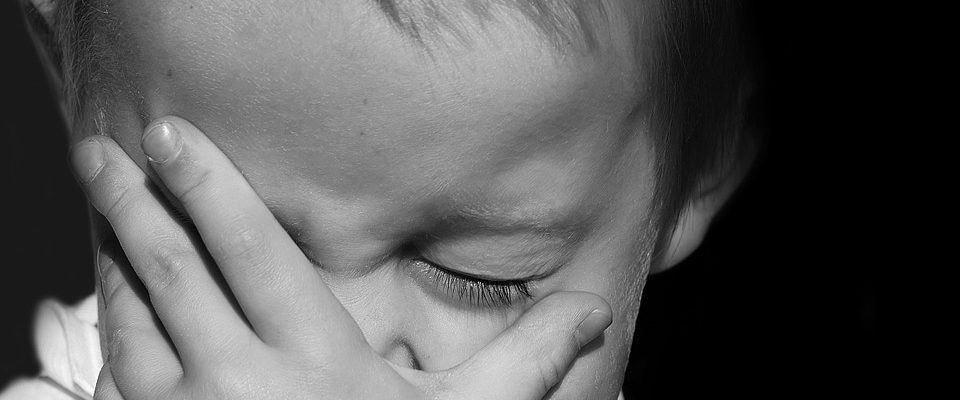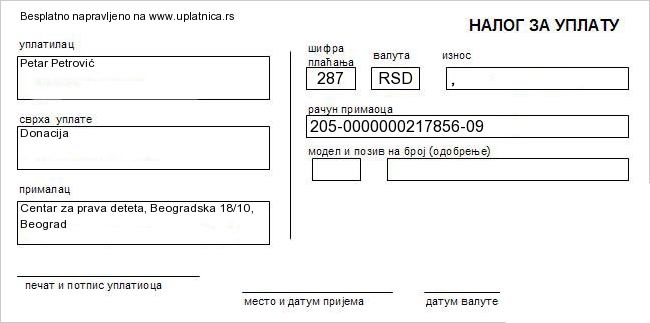
GENEVA (7 April 2020) – UN human rights experts have appealed to States to boost child protection measures to help safeguard the welfare of millions of children worldwide who may be more exposed to violence, sale, trafficking, sexual abuse and exploitation during the COVID-19 pandemic.
Parents, caregivers, service providers and law enforcement officials all need extra support to minimise the increased risks to children, the UN human rights experts said.
“Globally, confinement measures and the disrupted provision of already limited child protection services exacerbate the vulnerability of children living in psychiatric and social care institutions, orphanages, refugee camps, immigration detention centres and other closed facilities, as cases of violence, sexual abuse and exploitation of children confined in these premises are likely to go undetected,” said the UN Special Rapporteur on the sale and sexual exploitation of children, Maud de Boer-Buquicchio.
“At a time of lockdowns and isolation at home and elsewhere, children are at a greater risk of experiencing violence and exploitation, as well as challenges to their mental health. This is especially true of those who are already in vulnerable situations, who must not be left behind,” said Najat Maalla M’jid, UN Special Representative of the Secretary-General on violence against children.
The experts urged governments to ensure that adequately staffed and equipped child protection services and law enforcement are available and accessible to all children. This includes toll-free 24-hours hotlines, free texting services, remote psychological and social services, and mobile shelters for minors.
“Where such vital services are missing, the victims are bound to endure the abuse and violence by their very caregivers or the members of the inner circle of trust. We have to ensure that child protection is fully embedded into the response to COVID-19, with adequate resources allocated both during and after the pandemic,” they said.
“As community ties are weakened due to the crisis, we must all remain alert and report any suspected child abuse. Travel restrictions and the increase in the numbers of online users also will likely result in a significant spike in cybercrimes, such as sexual grooming online, live streaming of child sexual abuse and the production and distribution of child sexual abuse material.
“Robust collaboration between private industry and law enforcement is key to ensure early detection of cyber cases and the effective blocking and removal of child sexual exploitation material online.
“Such operations entail dedicated and trained police forces to monitor the encrypted paedophile networks, lawfully access retained IP addresses to secure evidence, and engage with the overseas companies and enforcement agencies while strictly guided by international human rights law,” the experts said.
“The loss of household income will disproportionately hit the world’s most vulnerable children, thus making them an easy prey for child labour, domestic servitude, prostitution, forced begging and other exploitative situations, with likely lasting effect on these victims.
“We should all make significant efforts to support frontline operators in the child protection services, neighbourhood and community watchdogs and law enforcement. We must also empower children to participate actively in responding to this crisis, including through peer-to-peer initiatives. That way, we can make sure that children’s dignity and rights are protected and that no child bears the collateral consequences of this unprecedented pandemic.”
ENDS
(*)The experts: Ms. Maud de Boer-Buquicchio (Netherlands)was appointed as the UN Special Rapporteur on sale and sexual exploitation of childrenby the UN Human Rights Council in May 2014; Ms. Najat Maalla M’jid (Morocco) took up her role as the UN Special Representative of the Secretary-General on Violence against Children in July 2019.
The appeal has been endorsed by Ms. Urmila Bhoola, Special Rapporteur on contemporary forms of slavery, including its causes and consequences; Ms. Catalina Devandas Aguilar, Special Rapporteur on the rights of persons with disabilities; Ms. Maria Grazia Giammarinaro, Special Rapporteur on trafficking in persons, especially women and children; Ms. Dubravka Šimonović, Special Rapporteur on violence against women; Mr. Dainius Pūras, Special Rapporteur on the right to physical and mental health.
The Special Rapporteurs are part of what is known as the Special Procedures of the Human Rights Council. Special Procedures, the largest body of independent experts in the UN Human Rights system, is the general name of the Council’s independent fact-finding and monitoring mechanisms that address either specific country situations or thematic issues in all parts of the world. Special Procedures experts work on a voluntary basis; they are not UN staff and do not receive a salary for their work. They are independent from any government or organisation and serve in their individual capacity.
The UN Special Representative of the Secretary-General is a global independent advocate in favour of the prevention and elimination of all forms of violence against children.
For additional information and media requests, please contact: Elena Wasylew (+41 22 917 9720 / ewasylew@ohchr.org), Shushan Khachyan (+41 22 917 9984 / skhachyan@ohchr.org) or write to srsaleofchildren@ohchr.org.
For media inquiries related to the UN Special Representative of the Secretary-General on violence against children, please contact: Miguel Caldeira (+1 917 367 6132 / caldeira1@un.org).
Concerned about the world we live in?
Then STAND UP for someone’s rights today.
#Standup4humanrights and visit the web page at http://www.standup4humanrights.org
